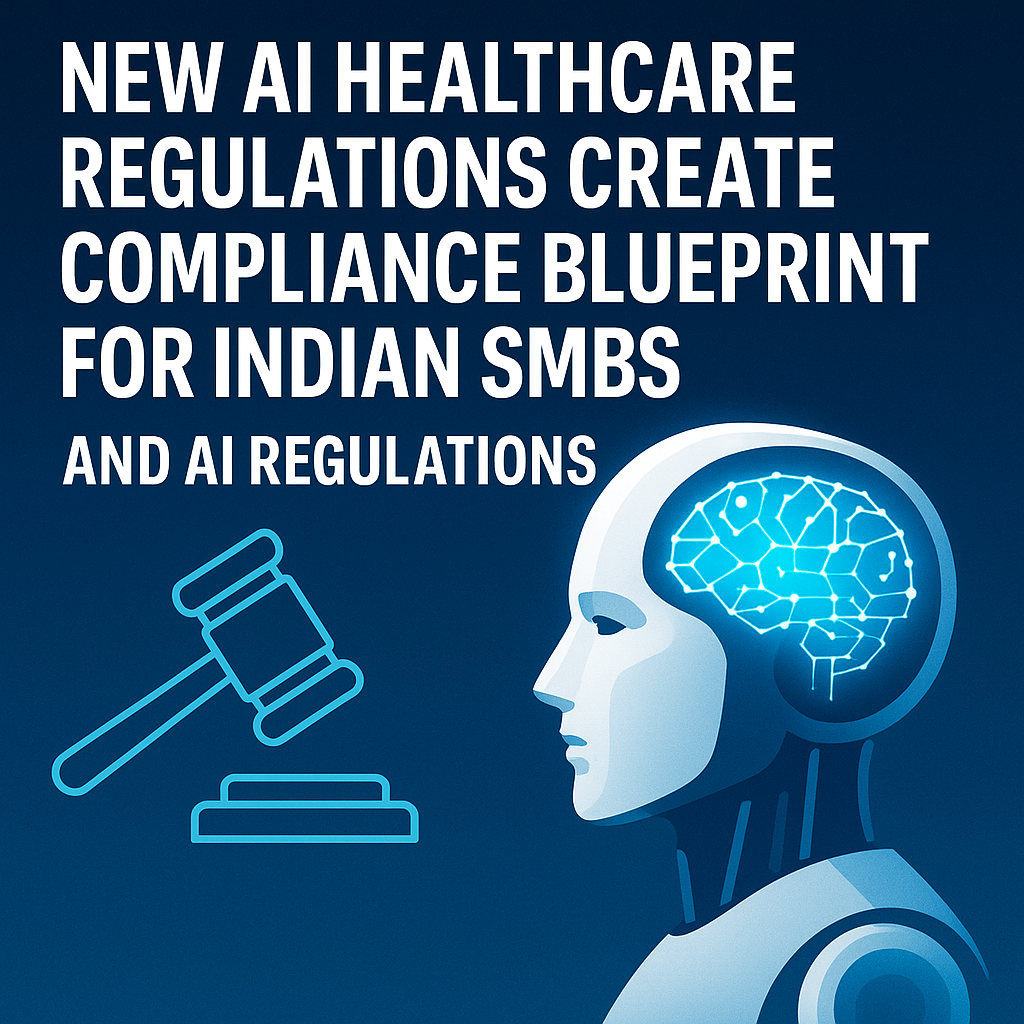England positions itself at the forefront of a worldwide education transformation as artificial intelligence reshapes classrooms from London to Estonia. The Tony Blair Institute for Global Change confirms what educators worldwide already know: AI integration in schools is no longer optional—it’s essential for global competitiveness.
Artificial intelligence fundamentally changes how students learn and teachers teach. Success now depends on depth of thought, creativity, and collaboration skills rather than memorized facts. Learning becomes dynamic and personalized, with AI tools serving as adaptive tutors for individual student needs.
The UK government launched comprehensive AI guidance in June 2024, directly addressing teacher concerns. Survey data reveals 43% of teachers rate their AI confidence at just 3 out of 10, with over 60% requesting help with planning and administrative tasks. Nearly all educators wanted safety guidance and additional training.
Strategic Market Advantage
England’s four-pillar approach creates a blueprint for global education systems. The strategy focuses on curriculum reform, building teacher confidence, equipping families, and upgrading digital infrastructure. This comprehensive framework addresses the critical “AI-literacy gap” hindering classroom innovation.
Education Secretary Bridget Phillipson emphasizes the transformation potential: “We’re putting cutting-edge AI tools into the hands of our brilliant teachers to enhance how our children learn and develop—freeing teachers from paperwork so they can focus on what parents and pupils need most.”
Estonia’s Proven Success Model
Estonia demonstrates AI education leadership by integrating artificial intelligence tools directly into classrooms. Their approach emphasizes two crucial frameworks: teacher-supported innovation and national governance structures for implementation. Estonian officials recognize the risk of cognitive offloading, where students use AI to bypass learning rather than deepen understanding.
This requires pedagogical shifts toward problem-solving, critical thinking, collaborative work, and ethical reasoning. Estonia’s success proves that AI serves as a tool, not a teacher replacement, when properly implemented with professional guidance.
Investment Drives Innovation
England commits £2 million through multiple AI education initiatives. The AI Tools for Education programme receives £1 million in Contracts for Innovation funding, accelerating development from design phase to classroom implementation. Oak National Academy secures additional £2 million investment for AI tool development.
Teachers using Oak’s AI-powered lesson assistant, Aila, report saving 3-4 hours weekly in lesson planning. This demonstrates immediate workload reduction benefits that make teaching more attractive as a career choice.
Digital Infrastructure Investment
The government allocates £45 million for enhanced digital connectivity nationwide, targeting the digital divide affecting disadvantaged students. This includes £25 million for wireless network improvements and £20 million for fiber upgrades, ensuring reliable internet access becomes standard across all schools.
Why Business Leaders Should Pay Attention
AI-literate students and educators create tomorrow’s workforce. Nations proactively equipping teachers and students with AI literacy secure decisive advantages in future economies. The global race for AI education leadership directly impacts talent pipeline quality for businesses worldwide.
Companies benefit from graduates trained in AI collaboration, critical thinking, and creative problem-solving. England’s comprehensive approach creates a competitive talent advantage that business leaders cannot ignore.
Addressing Skills Shortage Challenges
The UK faces growing AI field skills shortages requiring immediate attention. Curriculum reforms promote computer science education while creating clear pathways for technical careers. Targeted interventions address inequalities in technology access, teacher training, and educational resources.
All students, regardless of background, need access to AI education and necessary digital infrastructure. This requires sustained investment and strategic planning to prevent educational disparities from widening.
Global Implications for Education Standards
As England implements these strategies, it establishes new global benchmarks for AI integration in education. The comprehensive approach addresses safety concerns while maximizing educational benefits. Teachers remain irreplaceable, with AI enhancing rather than replacing professional judgment and student relationships.
Generative AI tools help with creating educational resources, lesson planning, tailored feedback, administrative tasks, and supporting personalized learning. However, content requires critical evaluation for accuracy, appropriateness, and bias prevention.
What This Means for Competitive Markets
Education systems that successfully integrate AI create long-term economic advantages. Students develop skills essential for AI-driven economies: analytical thinking, creative problem-solving, and ethical reasoning. These capabilities directly translate to business innovation and competitive positioning.
International observers, including Estonia’s education leaders, watch England’s implementation closely. Success creates exportable expertise and positions the UK as a global education technology leader.
The transformation extends beyond individual schools to entire education ecosystems. AI integration requires coordinated efforts across curriculum design, teacher training, infrastructure investment, and safety protocols. Countries achieving this coordination gain substantial competitive advantages.
England’s comprehensive strategy demonstrates that AI education success requires systematic approaches rather than piecemeal implementations. The investment in teacher confidence building proves particularly crucial, as educators drive actual classroom transformation.
This educational revolution impacts global business landscapes as AI-literate graduates enter workforces worldwide. Business leaders must align with these educational advances to maintain competitive edges in rapidly evolving markets.
Will your organization be ready for the AI-educated workforce? Share your thoughts on this educational transformation.


